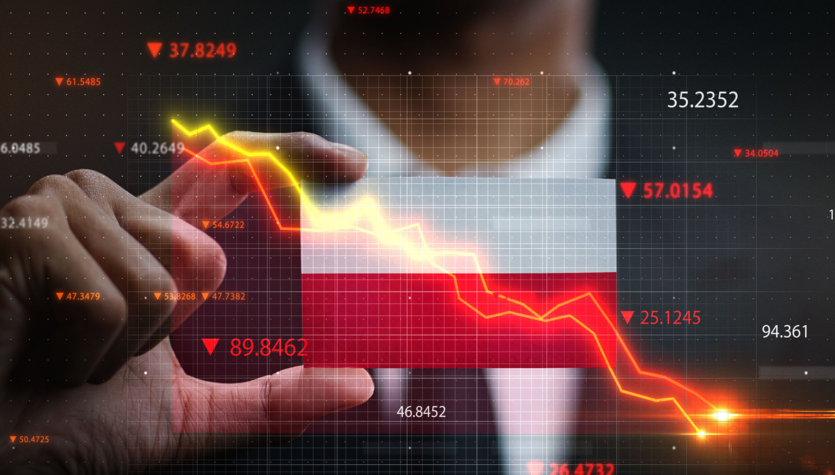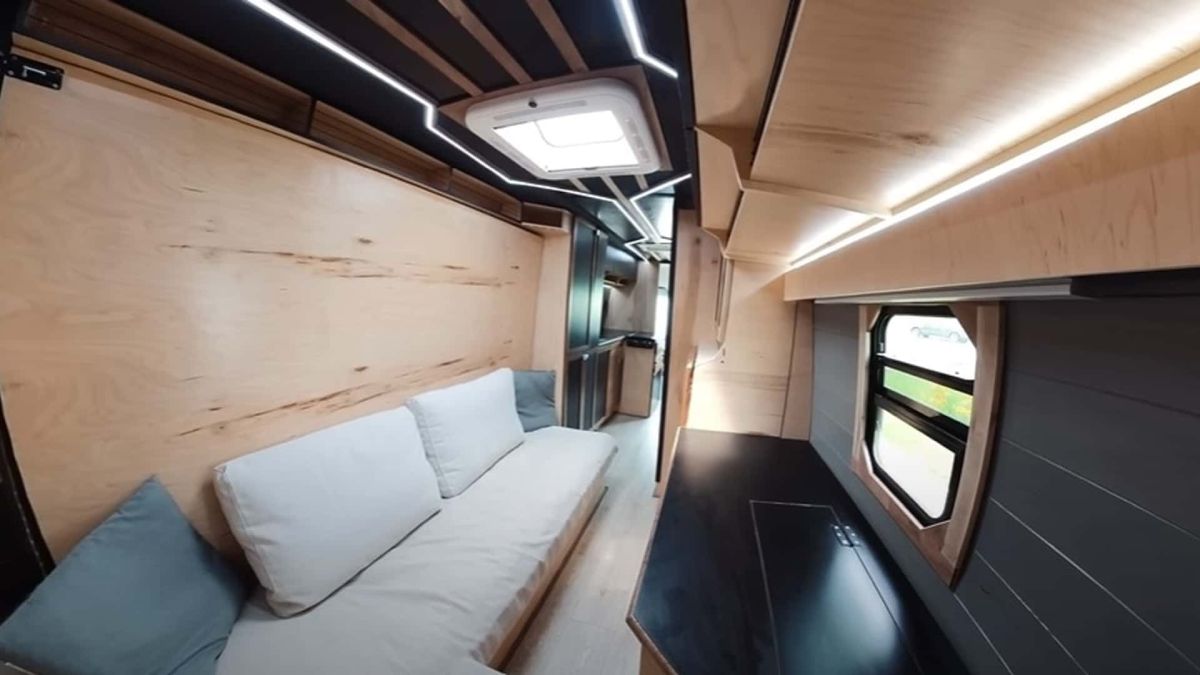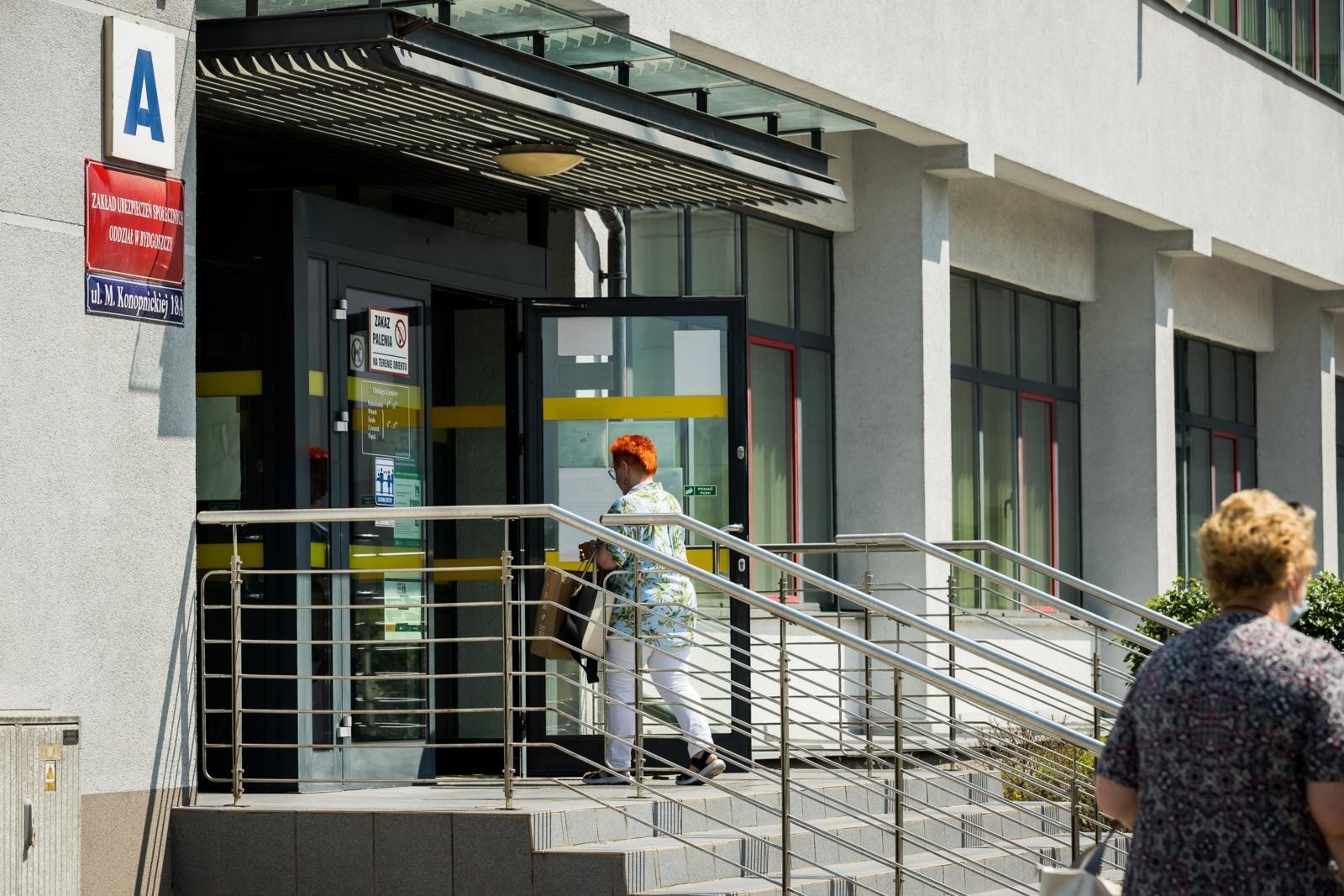Poland’s energy policy does not provide for the development of zero-emissions sources until 2040 at a pace that responds to the needs of the Polish industry.
The energy of the system needs time to transform and we do not have that time. Our perspective is five years – said Henrik Kalich, President of the Chamber of Industrial and Energy Recipients, Chair of the Electricity and Gas Consumers Forum, during the meeting of the Parliamentary Group on Zero Economy and the European Green Deal.
National authorities still support that deadline, although experts note that no action has been taken and expect delays. It is also planned to build significant wind capacity in the Baltic Sea, but these investments will also take a long time. The development of onshore windmills is still prohibited under the 10H rule, and solar farms face frequent rejections of requests to connect large facilities due to grid restrictions.
– We have to get renewable energy from somewhere. For two or three years, we’ve been trying to come to an agreement with the green energy producers. It doesn’t look good. It is advantageous for producers to sell energy from renewables on the exchange, some companies have discontinued contracts with long-term contracts. We are not able to buy this energy much cheaper than what is on the stock exchange – he said.
Currently, the total installed capacity of renewables is about 17.4 GW, of which wind power and weather-based PV sources account for 15.2 GW.
Kalic argued that a lack of sufficient amounts of green energy would lead to the collapse of local businesses. Implementation of the targets in line with the requirements of the European market means the need for companies to build renewable energy sources connected to their own grid, located directly in the stations. This is also important from an efficiency point of view. On the one hand, connecting the sources directly to the station network will alleviate the national transmission network, and on the other hand – it will avoid transmission losses estimated at about 10%.
Kalic points out that it is necessary to remove barriers to the development of renewable energy sources. The most obvious, such as the 10H rule, which has practically hampered the development of onshore wind energy, as well as shortening procedures and facilitating investment. It is also necessary to introduce regulations allowing direct supply of energy from renewable energy sources via a “straight line”.
He explained that the industry is ready to bear the balance between variable production from renewable sources so that this obligation is not transferred to the national system. – We’re ready for that. We want to talk about regulations that would offer the possibility of supplying electricity to the industry unhindered, in compliance with the law, but without restrictions that would extend the investment process. He explained that such a model guarantees the industry the preservation of production, guarantees the possibility of marketing goods, and guarantees the security of the national energy system.
Reducing the carbon footprint and lowering production costs will allow Polish products to remain competitive. In addition, the business intends to change technological processes, decarbonize production and reduce energy consumption, but also focus on heat recovery and building energy storage.
The share of foreign demand in Polish GDP growth is about 50%. Poland’s largest trading partner is the European Union. There is increasing pressure from contractors to reduce the carbon footprint of the products. For example, auto glass manufacturers have already indicated that auto concerns have been declared in the year 2025 at 100 percent. The energy consumed by its suppliers must come from green sources. Companies should act as quickly as possible so as not to lose outlets.
Industry representatives reported that the best and most effective solution is the maximum use of renewable energy on an ongoing basis. They called it product energy storage. Factories will have to increase production capacity. Currently, energy-intensive companies record constant energy consumption every hour of the day. After the changes, thanks to increased production capacity, they can flexibly manage production, and increase it when the availability of energy from renewable energy sources is the highest.
Companies are calling for the launch of a program that will help finance the increase in the capacity of industrial production facilities. Funds for this purpose must come from domestic and European sources. She argues that this would help achieve national emissions reduction targets.
Monica Borkoska

Echo Richards embodies a personality that is a delightful contradiction: a humble musicaholic who never brags about her expansive knowledge of both classic and contemporary tunes. Infuriatingly modest, one would never know from a mere conversation how deeply entrenched she is in the world of music. This passion seamlessly translates into her problem-solving skills, with Echo often drawing inspiration from melodies and rhythms. A voracious reader, she dives deep into literature, using stories to influence her own hardcore writing. Her spirited advocacy for alcohol isn’t about mere indulgence, but about celebrating life’s poignant moments.





![These are the amazing effects of eating mustard. This is what happens when we eat this popular dietary supplement [14.12.22] These are the amazing effects of eating mustard. This is what happens when we eat this popular dietary supplement [14.12.22]](https://www.moviesonline.ca/wp-content/uploads/2022/12/1671005925_These-are-the-amazing-effects-of-eating-mustard-This-is.jpg)




